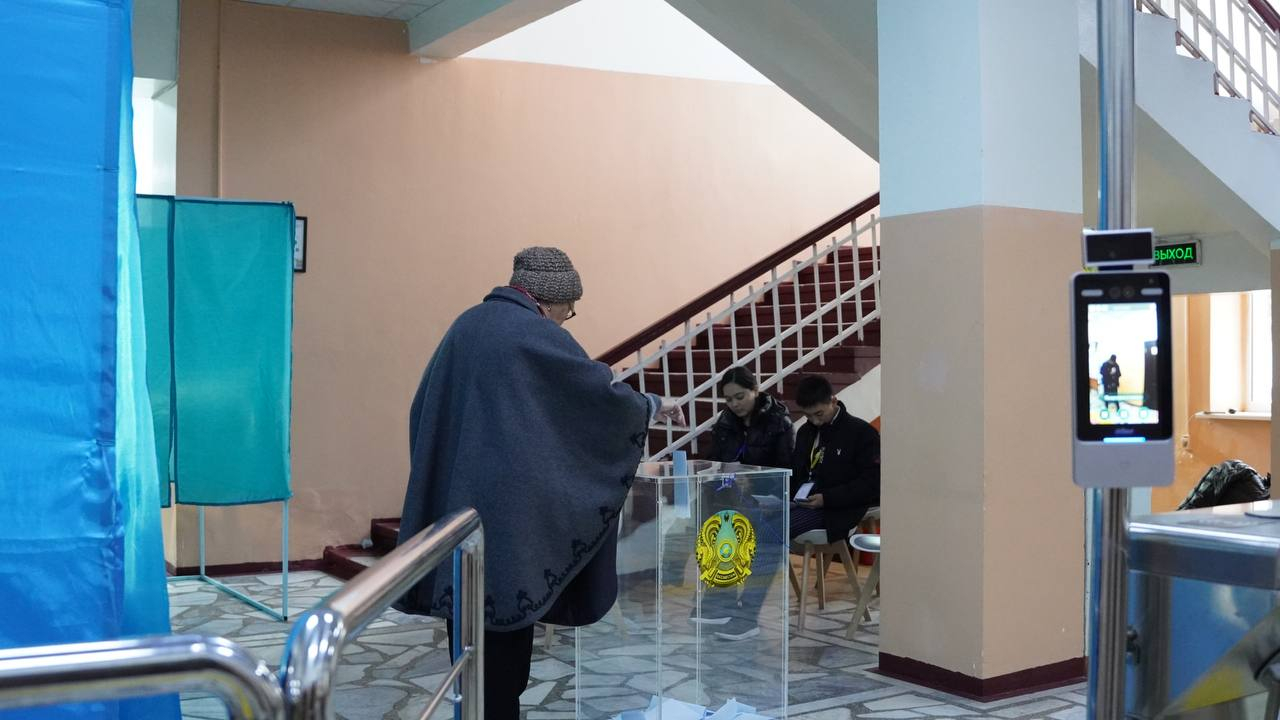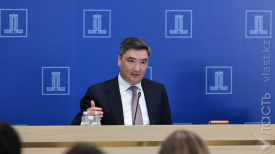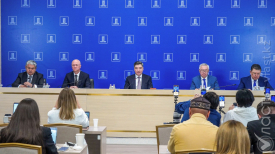- ВКонтакте
- РћРТвЂВВВВВВВВнокласснРСвЂВВВВВВВВРєРСвЂВВВВВВВВ
After announcing early parliamentary and local elections for March 19, President Kassym-Jomart Tokayev spoke at the first gathering of the assembly after the indirect election of January 14. On January 26, Tokayev told senators that “elections are a test for the political maturity of society.”
Besides registered parties, several individuals filed or said they would file applications to run in single-mandate districts. Commentators believe this could be an occasion to witness an interesting electoral campaign. Election observers, however, fear further restrictions to their work.
On January 26, Maulen Ashimbayev was unanimously re-elected president of the Senate. Ashimbayev got the job in May 2020, replacing Dariga Nazarbayeva, the eldest daughter of former President Nursultan Nazarbayev.
On January 25, prime minister Alikhan Smailov held a cabinet meeting regarding the proposed draft law on asset returns, which is poised to focus on assets that were illegally withdrawn in the previous decades. The cabinet proposed to create a detailed register of individuals and companies that will be obliged to disclose the origin of their wealth.
The General Prosecutor’s Office said it is working on establishing tougher penalties for false reporting of acts of terrorism. According to the proposed changes, offenders could face prison sentences of up to seven years. At the height of the violence during Qandy Qantar (Kazakh for ‘Bloody January’) in 2022, president Tokayev said the country was being stormed by 20,000 foreign-trained terrorists. This version of the events later proved to be unsubstantiated.
A prosecutor asked a court in Almaty on January 26 to upgrade the charges against opposition leader Zhanbolat Mamai to “organizing a mass riot”, a serious offense that could result in a sentence of up to 10 years in prison. In October, the court had downgraded his charges to “organizing an illegal rally”, a decision that allowed him to move from prison to house arrest during his pre-trial detention. He was arrested in late February last year, in the aftermath of Qandy Qantar. A commission of British lawyers traveled to Kazakhstan in the past weeks to monitor the legal process concerning his case.
Almex, a private holding company controlled by Timur Kulibayev and his wife Dinara, Nazarbayev's middle daughter, said in a press release that it is ready to reduce its stake in Halyk Bank, the country’s largest lender, in an effort to enhance liquidity. The holding said it would still retain at least 51% of the shares in Halyk, which controls one-third of the banking sector in Kazakhstan.
The Supreme Court ordered that Orifjan Shadiev, a wealthy businessman who served as owner and CEO of Capital Bank, returned 15.7 billion tenge (around $34 million) that the Central Bank had loaned to the bank in 2017. In 2021, the Central Bank revoked Capital Bank’s license and the bank is currently winding up its operations.
The Central Bank said on January 25 that it would allocate this year up to 500 billion tenge ($1.1 billion) of the assets accumulated in the Single Pension Fund to buy bonds issued by Baiterek, a state-owned holding. The Single Pension Fund invests part of its assets. On January 19, it said its investments earned a 6.6% return in 2022.
Samruk-Kazyna, the sovereign wealth fund, which controls some of the largest state-owned companies, said it would increase its charitable contributions by 13 times in 2023. In particular, the Samruk-Kazyna will send 130 billion tenge ($280 million) to Kazakhstan Khalkyna, a state-sponsored charitable fund, its spokesperson said at a press briefing. Tokayev ordered the establishment of Kazakhstan Khalkyna in the aftermath of Qandy Qantar with the aim of fostering the redistribution from private wealth to public services in high demand, such as healthcare and education. Such a contribution would nearly double the fund’s assets, through profits earned by state-owned companies.
Поддержите журналистику, которой доверяют.








